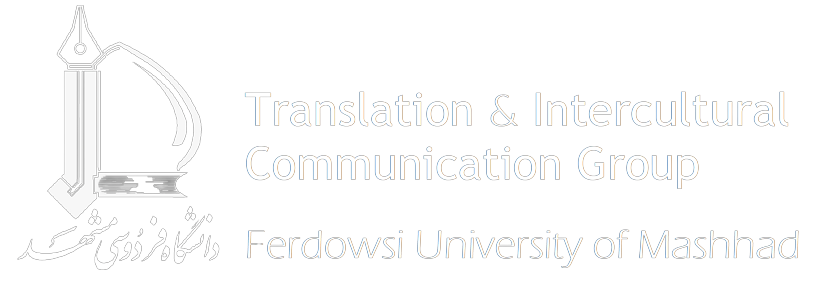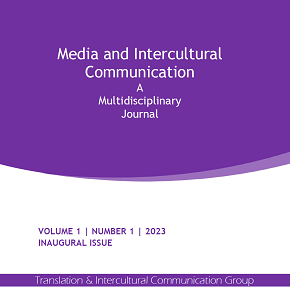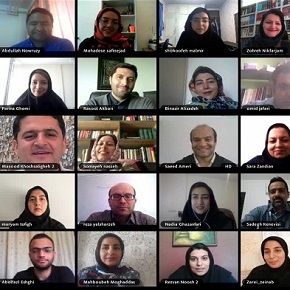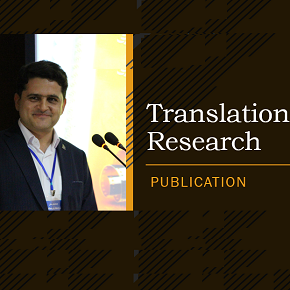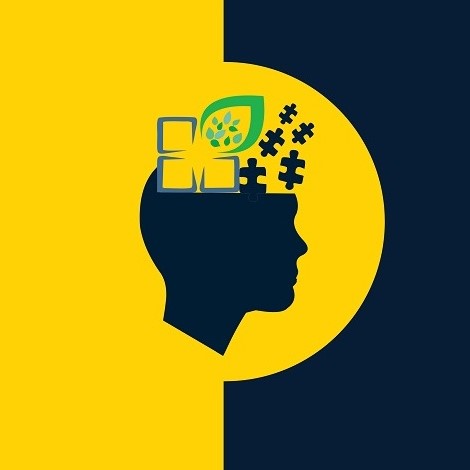The Transient Language of Teen TV Series and its Translation | Dr. Irene Ranzato
Abstract
This presentation focuses on the language of teen series, highlighting some of the main conundrums that both translators and scholars need to consider when dealing with this particular genre of television shows. After an introduction on the natural and fictional dialogue of teenage speech communities, I will offer an overview of the most interesting and popular teen series in the history of television, which have either been studied or deserve to be studied by linguists and audiovisual translation scholars. In its second part, relevant translation hurdles are considered through the perspective of three TV series from different decades: Happy Days (episodes from 1974), Dawson's Creek (episodes from 1998-99) and Skins (episodes from 2007). The usually rich landscape of cultural references, the distinctive nature of each of these fictional speech communities, issues relative to the specificities of the translation process and, especially, the recognized caducity and transitoriness of youth speech are some of the aspects which are put forward and discussed.
About the Speaker
Irene Ranzato holds a PhD in Translation Studies from the Centre of Translation Studies (CenTraS) formerly at the Imperial College London and is associate professor of English language and translation at Sapienza University of Rome (Italy). She is Honorary Research Associate at University College London (UCL) and is the deputy editor-in-chief of the Sapienza journal of language, literature and translation Status Quaestionis. Irene is interested in audiovisual translation (dubbing, in particular) and in fictional dialogue in general from the perspective of sociolinguistics, with an emphasis on dialects and language varieties. She has written articles and books on the translation of cultural references and on censorship, gender and ideological issues in AVT. Irene also likes to explore fictional representations of real-life people from the combined points of view of linguistic, translation and film studies. Among her publications: the books Translating Culture Specific References - The Case of Dubbing (Routledge 2016) and the co-edited collections: Linguistic and Cultural Representation in Audiovisual Translation (Routledge 2018), Reassessing Dubbing: Historical Approaches and Current Trends (Benjamins 2019) and The Dialects of British English in Fictional Texts (Routledge 2021). She is currently co-editing English Classics in Audiovisual Translation (Routledge 2024) and The Palgrave Handbook of Multilingualism and Language Varieties on Screen (2024).
